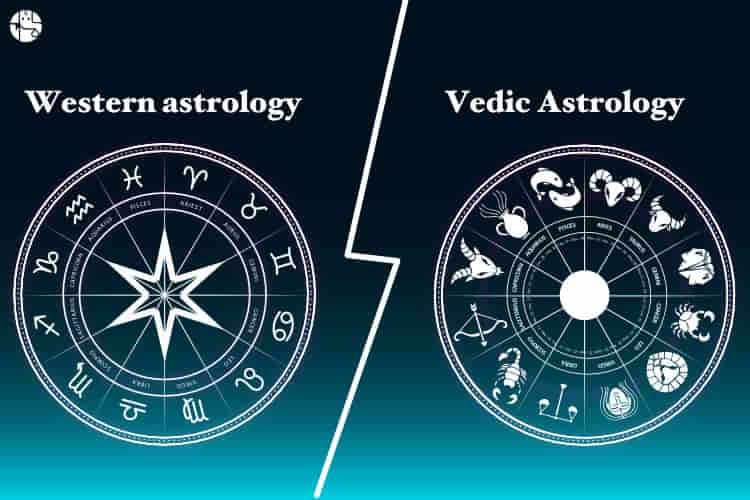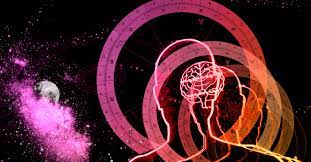Astrology is a belief system that suggests a relationship between the positions and movements of celestial bodies (such as planets and stars) and events on Earth, including human life and personality. It has been practiced in various forms for thousands of years across different cultures.
The fundamental principle of astrology is that the positions of celestial bodies at the time of a person’s birth can influence their personality traits, behavior, and even their destiny. The most commonly known form of astrology is horoscopic astrology, which involves creating a natal chart (or horoscope) based on the positions of the Sun, Moon, planets, and other celestial objects at the exact time and place of a person’s birth.
The natal chart is divided into twelve segments called houses, each associated with different aspects of life. The positions of the celestial bodies in these houses are believed to influence various aspects of an individual’s life, such as career, relationships, and health.
It’s important to note that astrology is considered a pseudoscience by the scientific community because its principles and practices lack empirical support. The scientific method, which involves forming hypotheses, conducting experiments, and gathering empirical evidence, is not applied in astrology. Nonetheless, astrology remains popular in various cultures and is often used for entertainment, self-reflection, or as a tool for guidance and decision-making for those who believe in its principles.



